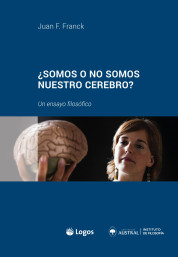 ¿Somos o no somos nuestro cerebro? Un ensayo filosófico
¿Somos o no somos nuestro cerebro? Un ensayo filosóficoJuan F. Franck, Logos - Universidad Austral, 2018
According to a widely spread conception, we are a toy of unconscious brain mechanisms, and what happens within our brains determines the whole of our experience and of our behavior. We should ask ourselves, however, if this is really so. Do we lack any control over our thought, our intentions and our behavior? The book is a philosophical contribution about the many findings in the field of neuroscience. The brain is certainly a fundamental organ in the life of the human being, but it does not constitute the whole of the person.
Available at Ediciones Logos.
 ¿Quiénes somos? Cuestiones en torno al ser humano
¿Quiénes somos? Cuestiones en torno al ser humanoMiguel Pérez de Laborda, Claudia E. Vanney, and Francisco José Soler Gil, EUNSA, 2018
The birth of philosophy is inseparable from the fundamental questions about the human being: Who are we? Where do we come from? Where are we going? The answer to these questions depends on many other issues that challenge us all, such as the relationship of the human being with Nature, what distinguishes us from other living beings, how we relate to each other (family, friendship, society, etc.) and, in a much more personal way, the meaning of our lives. In recent times these classic questions have become even more urgent due to the vertiginous development of science and technology. Many think today, for example, that in a few decades we will be able to overcome all the limits of our species, enjoying superintelligence, superlongevity and superwellbeing (Transhumanism).
The book is available on EUNSA’s website.
 Universal Moral Grammar. A cognitive approach to natural law?
Universal Moral Grammar. A cognitive approach to natural law?Dr. Mariano Asla, by EUNSA
EUNSA has published the book “Universal Moral Grammar. A cognitive approach to natural law?” (in Spanish) by Dr Mariano Asla.
By its very nature, ethical speculation has been since its inception a land for intellectual dialogue, where ordinary knowledge, philosophy and different religious faiths converged, sought and gave reasons. But this scenario today has become more complex and presents novel edges, due to the emergence of the individual sciences (especially from the cognitive perspective) in the study of moral phenomenon. In this context of naturalization of ethics, a research program inspired by Chomsky’s linguistics, called Universal Moral Grammar was developed in recent years. UMG argues, in essence, that under the spontaneous moral intuitions there is a network of cognitive, innate and unconscious principles, which are the evolutionary heritage of our species.
In this book the author proposes a philosophically weighted and critical reading of this research program, tending to its possible inclusion in the broader debate about the ethical universal and establishing some nontrivial affinities with the notion of natural law proposed by the Thomist tradition.
The book is available on EUNSA‘s website.
